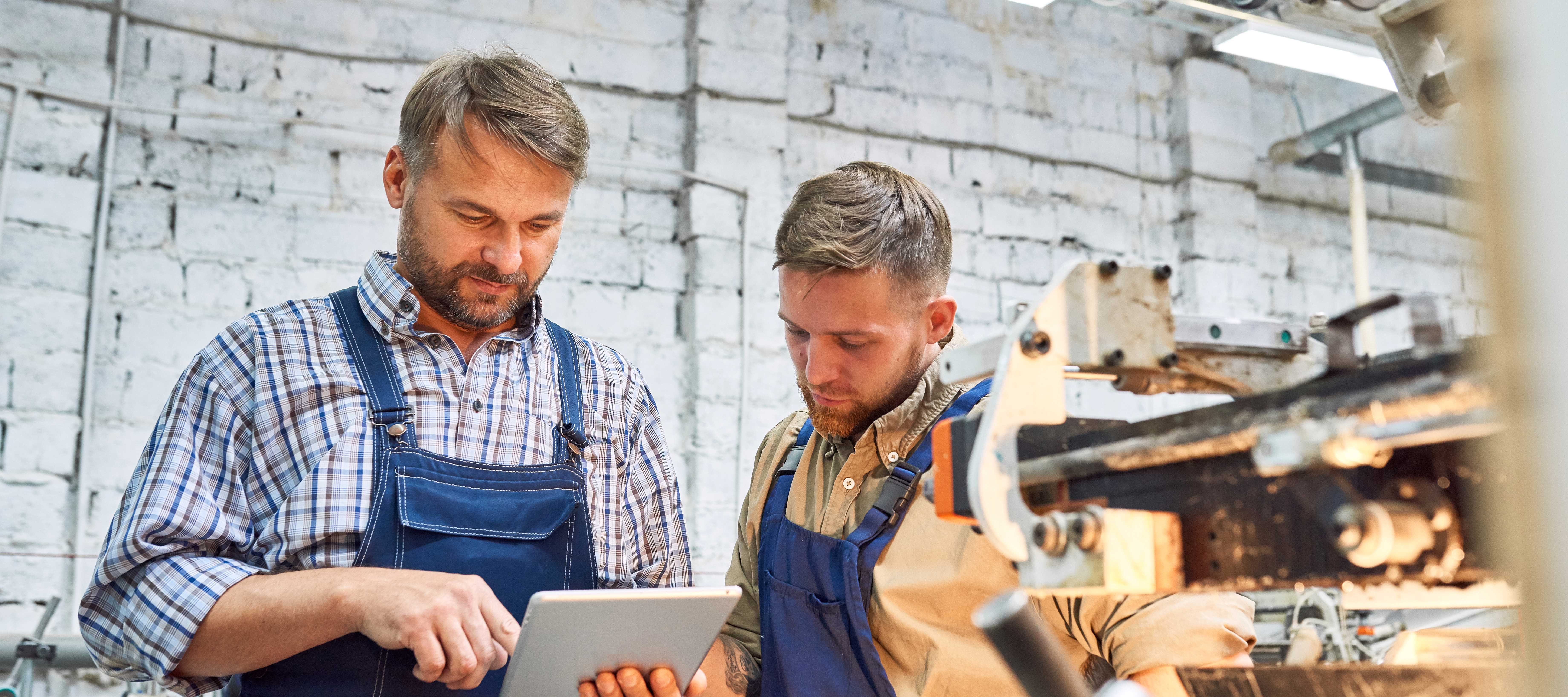Choosing whether to lease or buy equipment depends on your situation. From how often you need to update equipment to your amount of capital, this decision certainly is on a case by case basis. In addition to your business situation, recent changes to federal tax law and business accounting guidelines could affect whether you decide to lease or buy equipment or other fixed assets.
Pros of Leasing
- There is a smaller upfront cost while leasing equipment. You will have simple, predictable payments that are spread out over the course of your lease. Equipment rarely requires a down payment so you can obtain the equipment your company needs with little effect on your cash flow
- There are tax advantages to leasing equipment. Lease payments generally are tax deductible as “ordinary and necessary” business expenses.
- With the leasing option, you’ll find it easier to update equipment and remain competitive. Leasing allows you to update to newer, more advanced equipment when your lease is over.
- The cost of maintenance will fall on leasing company and not you when something fails on your piece of equipment.
Cons of Leasing
- New accounting rules that bring leases to the lessee’s balance sheet go into effect in 2020 for calendar-year private companies. So, lease obligations will show up as liabilities, similar to purchased assets that are financed with traditional bank loans.
- Over time, the cost of leasing will end up being higher than the flat cost of buying.
- You will have no equity. Without ownership of the equipment, you have no equity and cannot get any money back by selling it when you are finished with it.
- The maintenance of your equipment will fall on your leasing company’s schedule and their judgment on what is their responsibility. You may have to wait on things to be fixed, even if they need immediate attention.
- Your lease may be longer than needed, especially if you only need it for a short period of time. You have to pay for the remainder of your lease even if you aren’t using the equipment or face termination fees.
Pros of Buying
- You have ownership to do what you see fit with the equipment, including modifications. You have equity and are also able to sell after you are finished and possibly recover some money from your purchase.
- The cost is than leasing and only includes one upfront cost, without the hassle of agreements and contracts.
- Buying also has tax incentives. Section 179 expensing and first-year bonus depreciation can provide big tax savings in the first year an asset is placed in service.
Cons of Buying
- While the cost may overall be less, the high upfront cost may be problematic from a cash flow standpoint. If you choose to finance an equipment purchase through a bank, a down payment of at least 20% of the cost is usually required.
- You run the risk of having outdated equipment. You won’t be able to update as easily and may be stuck with old equipment. You may be forced to reinvest in new equipment long before you had planned to and certain business equipment has very little resale value.
- Since you have ownership, the cost of maintenance is on you as well.
When deciding whether to buy or lease, there is no simple answer. You must take into account various variable and decide what works best for your situation. If you seek answers about the tax advantages of buying or leasing equipment, contact Schultz, Wood, & Rapp P.C., your experts in business accounting in Springfield Missouri.






